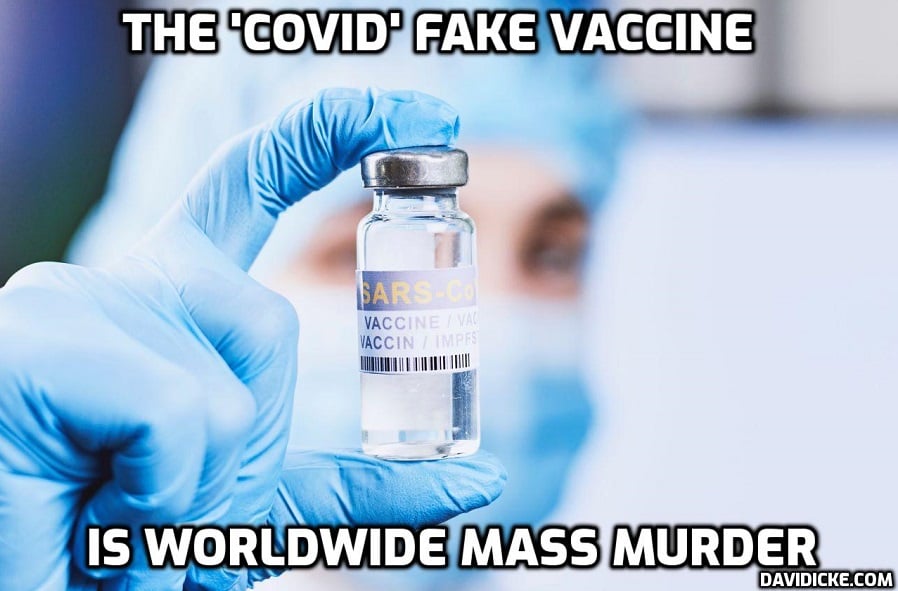‘Covid’ Fake Vaccines ‘Opened the Floodgates’ for New Wave of mRNA Fake Vaccines for Livestock

Several new government- and industry-funded studies are underway to develop mRNA vaccines for livestock, part of the massive expansion of the animal vaccine industry projected to be worth $26.12 billion by 2030.
Researchers at Iowa State University are undertaking a project funded by the U.S. Department of Agriculture to develop mRNA vaccine technology to prevent bovine respiratory syncytial virus (RSV).
Pharmaceutical company Zoetis developed an mRNA COVID-19 vaccine for animals that was administered to animals at zoos throughout the country.
And researchers in the U.S. Fish and Wildlife Service experimented with vaccinating captive-bred black-footed ferrets against COVID-19. They also experimented with social distancing and quarantine of ferrets.
“Third generation vaccines,” including DNA, RNA and recombinant viral vector vaccines, are not only administered to livestock — but they also are being developed for companion animals and wild animals.
A peer-reviewed study in the journal Viruses last year reported, “The successful application of mRNA vaccines against COVID-19 has further validated the platform and opened the floodgates to mRNA vaccine’s potential in infectious disease prevention, especially in the veterinary field.”
Citing the need for biosecurity, in September 2022, the New South Wales (NSW) government fast-tracked the world’s first mRNA vaccines for foot-and-mouth disease and lumpy-skin disease, in a five-year multimillion dollar deal with U.S. biotech company Tiba Biotech.
Announcing the deal, Deputy Premier and Minister for Regional NSW Paul Toole said:
“I have now written to vaccine manufacturers to take up my challenge to develop both vaccines ready for use and manufacture in NSW by August 1 next year.
“COVID-19 demonstrated to us that all possible avenues in developing vaccines must be explored and we will leave no stone unturned.”
Dugald Saunders, NSW minister for agriculture, emphasized how important it was to “protect [NSW’s] livestock sector” and said the agreement with Tiba Biotech to create mRNA vaccines, “would be a game-changer for the industry.”
But experts have raised concerns. Holistic veterinarian Dr. W. Jean Dodds, told The Defender in an email:
“Not enough is known at this time if mRNA vaccines can generate any long-term effects on reproduction or lifespan of domestic farm stock.
“As livestock become part of the human and animal food chain, we need to be sure that no abnormal cellular or molecular changes to the animal could be induced by this type of vaccine.”
BUY NOW: Ed Dowd’s Must-Read Book — “Cause Unknown”
‘Good health starts with biosecurity’
According to a report published last year by Grand View Research, the market for animal vaccines is expected to grow at a 9.3% compounded annual growth rate, because “the growing incidence of food-borne zoonotic diseases and increasing animal husbandry are boosting the demand for vaccines.”
The paper pointed to the potential of the mRNA platform to treat diseases like African swine fever, porcine reproductive and respiratory syndrome virus, porcine epidemic diarrhea virus, foot-and-mouth disease virus, bovine viral diarrhea virus, lumpy skin disease virus, bovine leukemia virus and peste des petits ruminants virus, among others.
Read More: COVID Vaccines ‘Opened the Floodgates’



